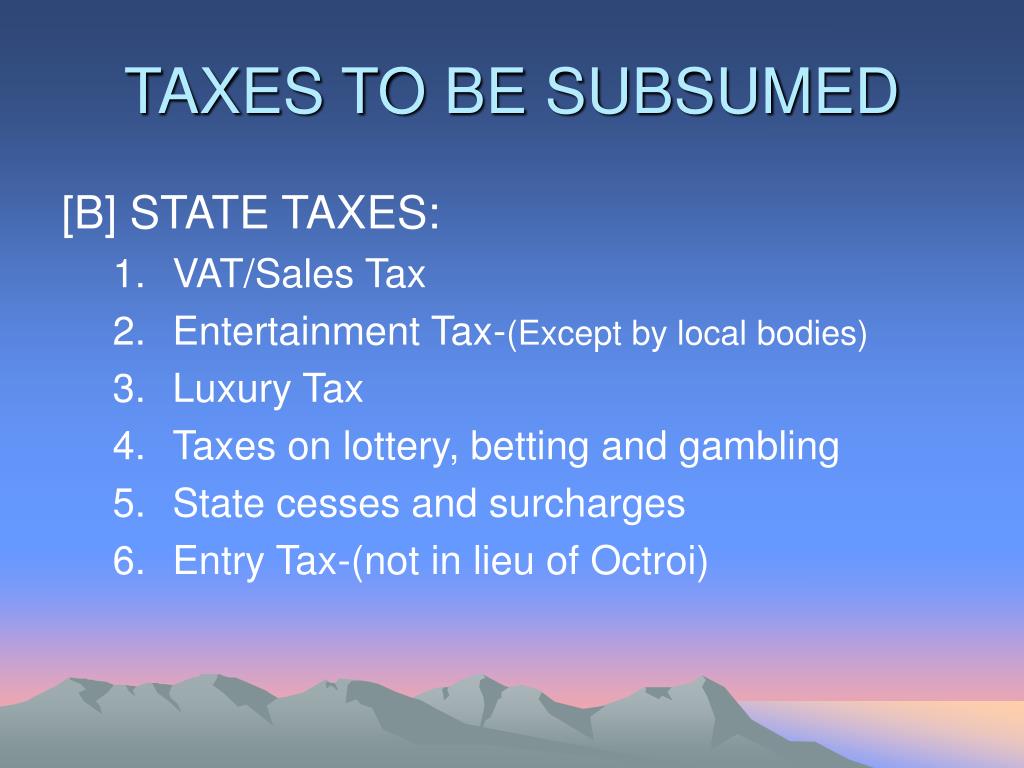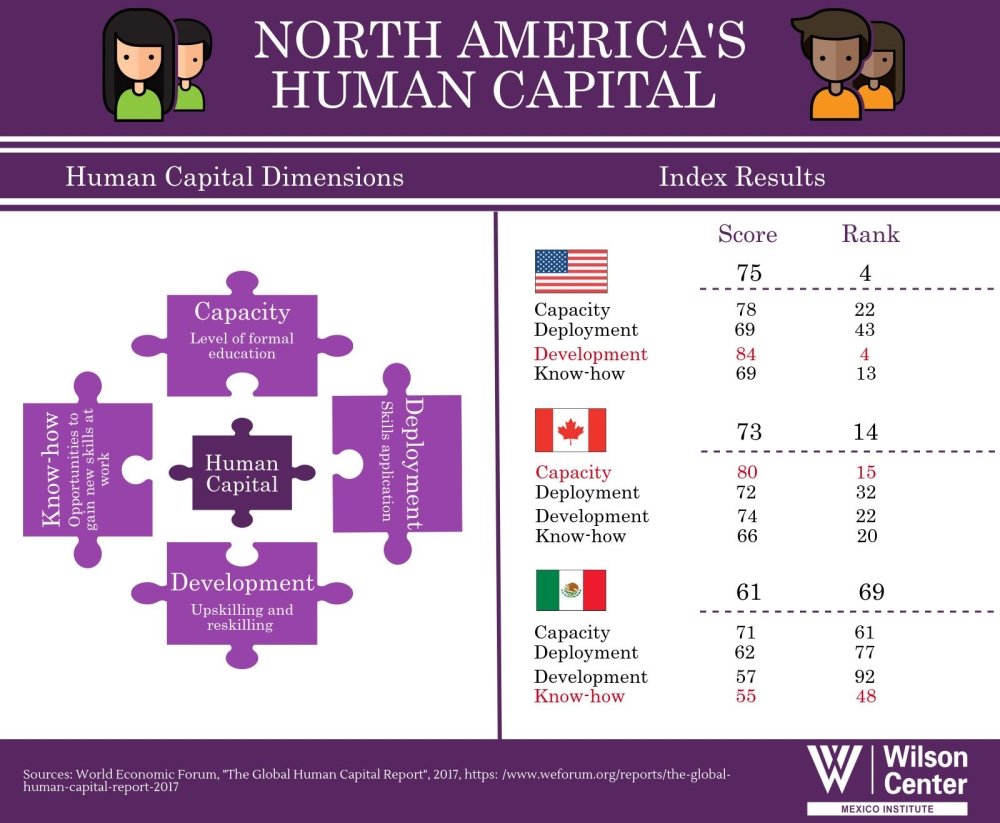

Provision of Subsistence:Ĭapital provides subsistence to the labourers while they are engaged in production. Even agriculture employs all sorts of machines like tractors, threshers, harvester-combines, etc., All these are obtained with capital. Tools are needed even in the most primitive stage of economic development.īut they are all the more necessary today when production has become capitalistic. Without their aid large-scale production is impossible. It is clear that these things are essential for production. This is undoubtedly very essential, otherwise how is production to go on? Supply of Appliances and Machinery:Īnother equally necessary function that capital performs is the supply of tools, implements and appliances. A cotton mill must have cotton ready in its godown a paper mill must keep straw or bamboo cuttings a sugar mill must buy large quantities of sugarcane, and so on. Every businessman must have on hand a sufficient supply of raw-materials of a good quality. The following are its main functions: Supply of Raw Materials:Ĭapital supplies raw materials. In fact, production would almost come to a stand-still without adequate and suitable supply of capital. Functions of Capital :Ĭapital is valued for the very useful functions it performs in the production of wealth. For all these reasons, land can be distinguished from capital and is not regarded as capital. But the supply of capital varies with its price. If, therefore, rent falls, its supply cannot be withdrawn. Land has no supply price, i.e., its supply does not depend on the price for its use (i.e., rent). On the other hand, capital is man-made, and can be increased at will Land lacks mobility, whereas capital is fairly mobile.
#CAPITAL HAS THE ABILITY TO SUBSUME UNTO ITSELF FREE#
Land is nature’s free gift to man it is limited in area, and is of infinite variety. It is calculated per week, per month or even per year. Capital is a fund (or stock) and income a flow. The factory that a man owns is his capital, but the profit that he gets out of it every year is his income. Capital and Income :Ĭapital and income should be distinguished from each other. Wealth and capital are, therefore, not synonymous. The car which is used for personal enjoyment is wealth but not capital. Only that part of wealth, which is used productively, is called capital. Such goods are called wealth in Economics. Wealth and Capital :įrom the definition of capital, it is clear that capital consists of valuable economic goods which are scarce. Moreover, money spent on them is fully recovered when goods made with them are sold in the market. They are used up in a single act of consumption. Working capital, on the other hand, includes the single-use producer goods like raw materials, goods in process, and fuel. The following are the main characteristics of capital:Ĭapital like plant, tractors and factories are called “fixed” because if money is spent upon these durable-use goods it becomes “fixed” for a long period in contrast with the money spent in purchasing raw materials which is released as soon as the goods made with them are sold out. All of them are produced by man to help in the production of further goods.

Machines, tools and instruments, factories, canals, dams, transport equipment, stocks of raw materials, etc., are some of the examples of capital. Capital, thus, consists of those physical goods which are produced for use in future production. Hence, capital may also be defined as man-made instrument of production. But capital is not a primary or original factor it is a ‘produced’ factor of production.Ĭapital has been produced by man working with nature. Land and labour are often considered as primary or original factors of production.

This definition distinguishes capital from land and labour, because both land and labour are not produced factors. Capital has also been defined as “produced means of production”. But they cannot be called capital, because they represent only titles of ownership rather than factors of production. There is no doubt that securities, bonds, stocks, shares, etc., possessed by a man yield income to him. It is another thing that with money we can buy machinery and raw materials which then serve as factors of production. Capital is a factor of production, but money as such does not serve as a factor of production. There is no doubt that money is a form of wealth and it yields income, when it is lent out. But when we talk of capital as a factor of production, it is quite wrong to confuse capital with money. In the ordinary language, capital is used in the sense of money.


 0 kommentar(er)
0 kommentar(er)
